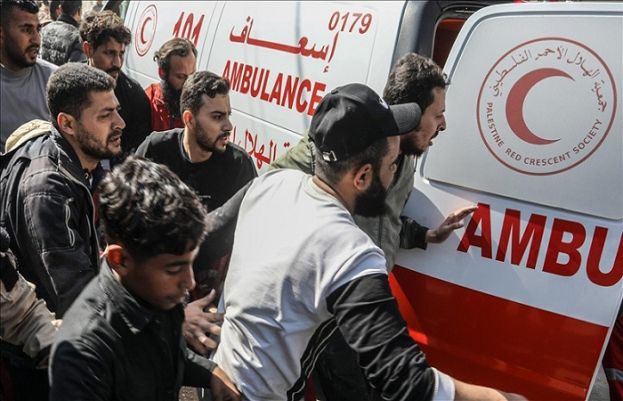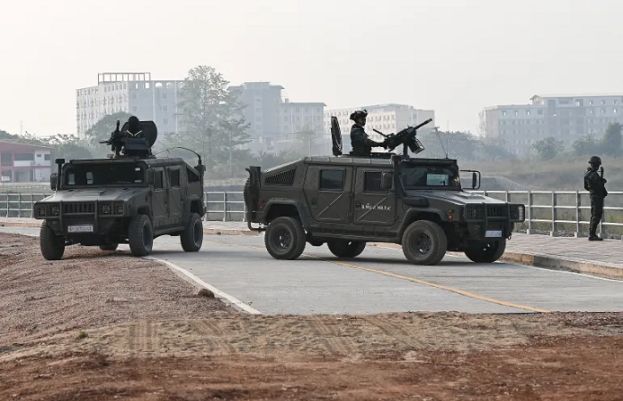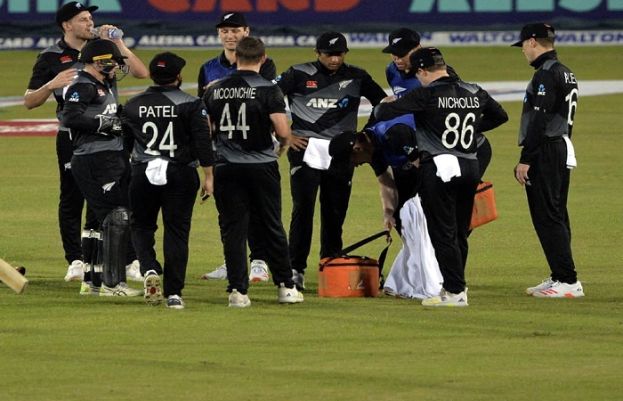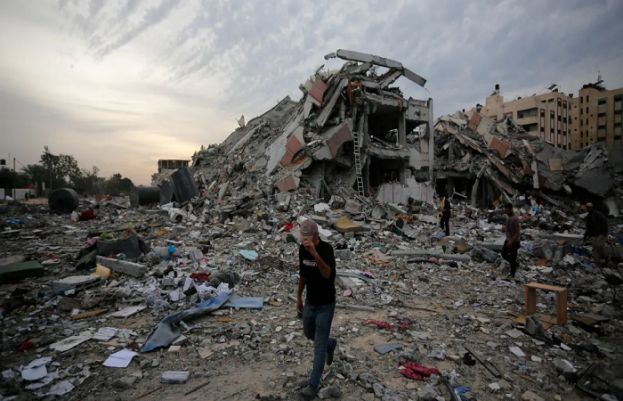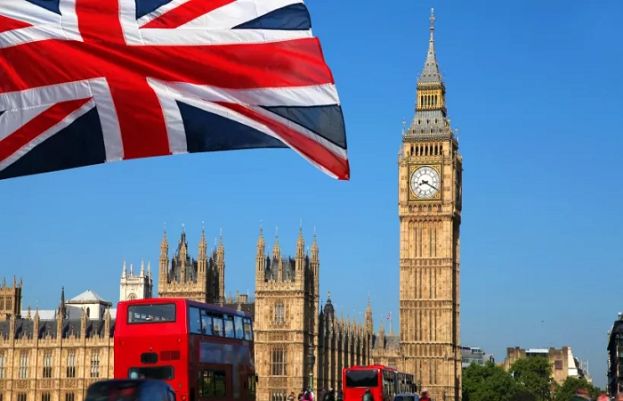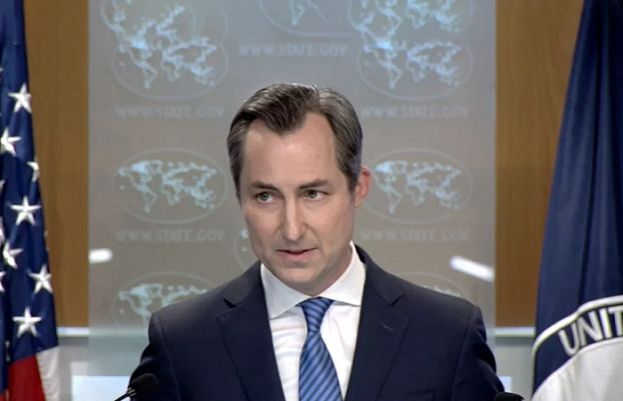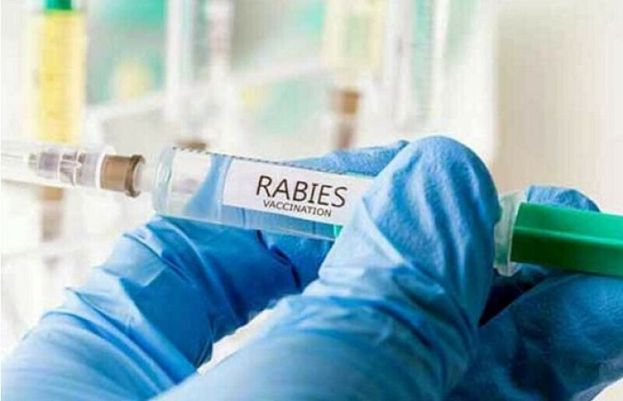
Initially, this facility has been introduced in Sindh province, which will later be spread across the country. The vaccine will be delivered to the desired location within 48 hours of a phone call, the varsity’s spokesperson said Tuesday.
DUHS Vice-Chancellor Professor Muhammad Saeed Quraishy inaugurated the “Dow Rab” in a simple ceremony.
On the occasion, he said that 30,000 doses of the locally-made ARV have been supplied to the distribution network, which are manufactured by the Dow Institute of Life Sciences (DILS) at Ojha campus from imported raw materials.
Quraishy expressed his determination that soon it will be made in Pakistan from raw materials obtained locally. At present, we are dependent on imported raw materials from China. Subsequently, efforts are being made to produce an additional 170,000 doses of ARV, hope to achieve this goal, he added.
DILS Chief Executive Officer (CEO) Syed Izhar Hussain, Dr. Talat Roomi, Director Marketing Tariq Shahid, Manager Commercial Dow Ahad Wasiq, Director Pharma M&P Mujeeb Ali Khan, Director Legal and Administration M&P Munaf Lakda, and Director Finance Muhammad Tariq Khan and others were also present on the occasion.
The vice chancellor said that after years of rigorous research and regulatory steps of the country, Dow University has started commercial production of anti-rabies vaccine in Ojha campus. Its complete course will be available for Rs1,500.
It should be remembered that Dow University had developed IVIG Immunoglobulin during the days of the coronavirus epidemic, with the use of which hundreds of Corona patients got a new life.
Earlier, in another ceremony, a letter of interest (LoI) was signed between Dow University and distribution network Muller & Phipps.
On behalf of Dow University, the memorandum was signed by Registrar Dr Ashar Afaq, under which the distribution company will ensure the availability of ARV Dow Rab across Pakistan in a phased manner.
Each year, approximately a million people fall victim to stray dog bites in Pakistan, resulting in an estimated 5,000-6,000 deaths due to rabies.
The National Institute of Health (NIH) Islamabad reports that Pakistan requires over 2 million doses of ARV annually, and a majority of these are imported from India.
At the moment, Pakistan is facing a severe shortage of anti-rabies vaccines due to conflict over pricing.
Importers claim that due to devaluation of the Pakistani rupee against the US dollar, prices of vaccine and other biological products have to be increased, local manufacturing is also expected to stabilise prices.



